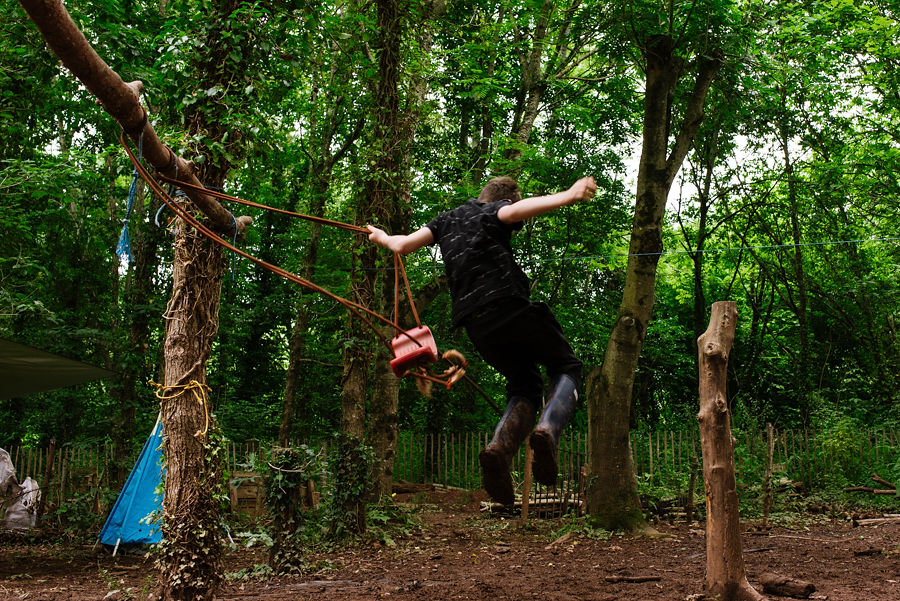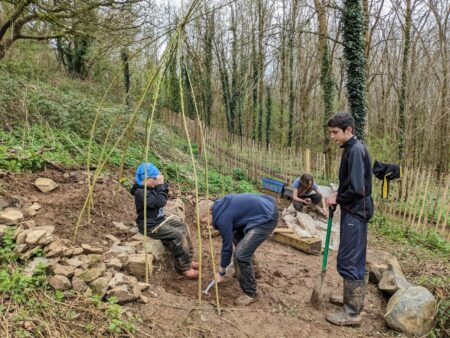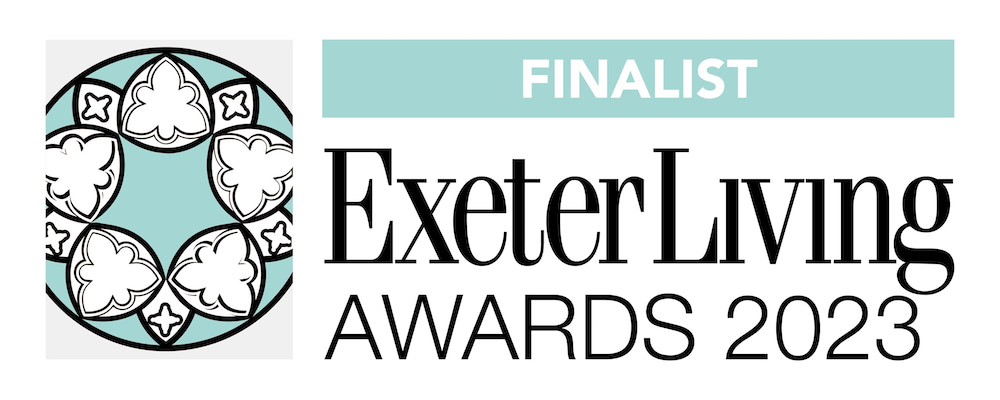If you follow us on social media, you’ll have seen us mention that last Tuesday was World Autism Acceptance Day and in fact, the entire month of April is World Autism Acceptance Month. The UN ran a virtual event on the day called ‘Moving from Surviving to Thriving’ and this sentiment has been resonating with us ever since. Obviously, we have a bias towards thinking about education when we’re ruminating on these topics and so we thought we’d have a look today at this concept of ensuring the young people we work with thrive during their time with us and aren’t merely surviving the day until they can go home.
Anyone that has met our director Shev, will know that he often talks about Maslow’s hierarchy of needs in the context of education. For those that haven’t heard of this, this is a psychological theory about the five categories of needs that influence the behaviour of an individual. From bottom to top, the needs in this pyramid are physiological, safety, love and belonging, esteem, and self-actualization. Lots of people have historically applied this theory to education; in that until all five needs are met, an individual will not be in a place where they feel safe and secure to learn and take on knowledge and skills. We think this is particularly relevant when it comes to autistic learners, so thought we’d explore what this means in practice for the young people we work with.
Physiological
Physiological needs refers to the essential things we need for survival such as food, drink, shelter, clothing…etc. For our autistic learners, there is lots to consider to make sure we are meeting these needs. There could be sensory issues when it comes to clothing or food aversions to keep in mind when making meals. We try to ensure that we are able to meet the needs of each of our individual learners so that they feel comfortable and satiated and aren’t being distracted by itchy labels, the feel of welly boots touching their shins or being hungry or thirsty. Being outdoors also helps make sure that needs are being met. Being outdoors means that things that be upsetting to hypersensitive (sensory avoidant) learners such as bright halogen bulbs are non-existent. Equally, hyposensitive (sensory seeking) learners have lots of opportunities to meet their needs, for example they can carry logs, climb or swing in order to experience deep pressure. This means our learners experience a rich sensory diet, creating a space where they we can ensure that their physiological needs are being met.
Safety
Feeling safe is absolutely essential for our sense of well-being, regardless of neurodivergence. At The Outdoors School, one of the first projects that our learners engage in is to design and create their own ‘safe space’. This could be a den nestled on the banks of the stream, where they have the sound of the water as a gentle natural white noise soundtrack, a tree house far away from the rest of the site, or a tightly woven tee-pee structure where they feel like they can’t be seen. Once created, our learners are free to retreat to their safe space whenever they might feel like they need a break to self-regulate or just have some respite from the hubbub of the school day.
Love and belonging
We firmly believe in the importance of building strong communities and at the heart of these communities are love and acceptance of each member. Particularly at The Outdoors School, (but also in our smaller TLP sessions and at our Forest School Home Education groups), we work over a long term period to create an atmosphere where each member of the group feels like they belong and can be themselves. Our Behaviour Policy is a good example of this. Rather being punitive and exclusionary; we focus on finding the root of behaviour and encouraging our young people to make amends where possible or necessary. Another essential component of the way we work is our daily check in at the beginning and end of each session, where both young people and staff are given the chance to share what’s going on for them and how they’re feeling. This simple act is a powerful way of showing our learners that they are each valued, appreciated, and listened to.
Esteem
Building the self-esteem and confidence of the young people we work with is a real priority for us, particularly when it comes to our neurodiverse learners. We want to ensure that differences are celebrated, that no one feels odd or like they don’t fit in, just because their mind might work differently. We make sure to point out the strengths and achievements of the young people we work with, building them up, encouraging them in their pursuits, and giving them the autonomy and freedom they deserve to follow their own lines of enquiry and learning, in a way that works for them, rather than enforcing a prescribed approach to education.
Self-actualization
Top of the pyramid, self-actualization occurs when all the other needs have been met. This is our goal for all the young people we work with (and indeed, for our staff as well!) This is the stage at which our learners are independently seeking out challenges and learning opportunities, are realising their own potential and are feeling like they have the skills and knowledge needed to reach the goals they are setting themselves. Simply, this stage is where someone desires ‘to become everything one is capable of becoming.’ (Maslow, 1987, p.64).
When all of these needs have been met, the young people we work with, will be in a much more secure place to access the learning that is on offer to them. This isn’t a checkbox exercise that only needs doing once; it’s an organic, fluid process that we revisit daily to ensure that the needs of our learners are being met and that we are supporting them in the best way we can. By focusing on meeting these needs before we even begin to think about education in a more formal or traditional sense, we are able to ensure that our learners will be thriving during their time with us, not just surviving.
Author: Hannah Durdin, Content Officer & Forest School Leader
Date: Monday 8th April 2024









